Associate Members

Her research focuses on how short and long-term effects of ambient air pollution can impact cardiovascular health among vulnerable populations. She has explored a variety of exposures including particle radioactivity, metals, and temperature fluctuations. She utilizes various methodological techniques to explore these associations including machine learning methods.
Contact: aperalta@hsph.harvard.edu

Trained in biomedical sciences and public health she moved on to hold a position as a Research Assistant in Epidemiology at a cancer registry in Spain (1 year), and later at the Small Area Health Statistics Unit (SAHSU) at Imperial College London (2 years). During this time she gained expertise in exposure assessment and the use of geographic information systems (GIS) methodology, having helped organize and deliver the annual GIS summer course at Imperial College for 3 years.
Her research interests include social inequalities in both disease distribution and health provision, especially related to non-communicable diseases and small area data.
Aina is also a committee member of the Student and New Researchers Network (ISEE-SNRN). Visit the website here.
Contact: a.roca-barcelo [at] imperial.ac.uk
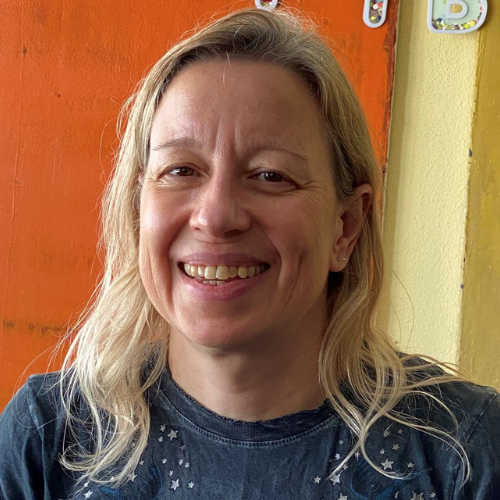
Dr. Alexandra Schneider’s research interests in epidemiology split into two different fields. The first touches upon the influence of weather and climate changes on human health, while the second is in the field of particulate and gaseous air pollution and its influence on the human organism with a focus on cardiovascular diseases. Together with the adverse health effects of noise and the beneficial effects of green and blue space as well as further population vulnerability and susceptibility factors, she broadly covers the topic “urban health”.
Contact: alexandra.schneider@helmholtz-muenchen.de

Ana M. Vicedo-Cabrera is an early-career researcher at the Institute of Social and Preventive Medicine of the University of Bern (Switzerland), where she leads the research group on Climate Change and Health. She is also a member of the Oeschger Center for Climate Change Research of the University of Bern.
Her current research addresses the impacts of climate change on health, with particular focus on the evaluation of adaptation strategies, mitigation policies and air pollution co-benefits. She has led and collaborated in several large epidemiological studies on temperature-related health impacts (e.g. within the Multi-City Multi-Country (MCC) Collaborative Research Network). She has participated and is also currently involved in several international projects on climate change and health, such as the EU funded PHASE, ACCEPTED and EXHAUSTION, and projects from the US Centers for Diseases Control and Prevention.
She holds an MSc in Environmental Toxicology (University of Valencia, Spain) and in Epidemiology (University of Turin). Since the completion of her PhD studies (University of Valencia) in 2014, she joined different research institutions in Sweden (Umea University), Switzerland (Swiss Tropical and Public Health Institute) and the UK (London School of Hygiene and Tropical Medicine).
Contact: anamaria.vicedo [at] ispm.unibe.ch

Contact: artur.badyda [at] pw.edu.p
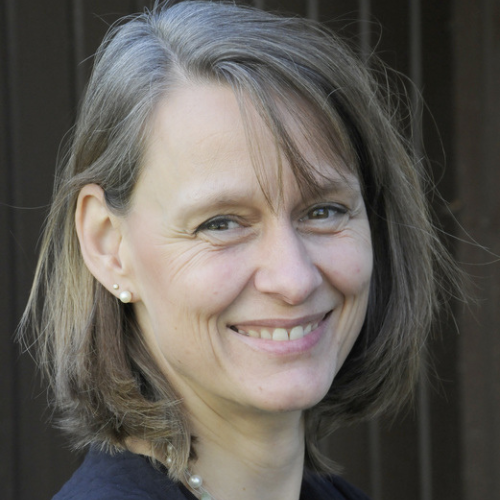
Contact: b.hoffmann [at] uni-duesseldorf.de
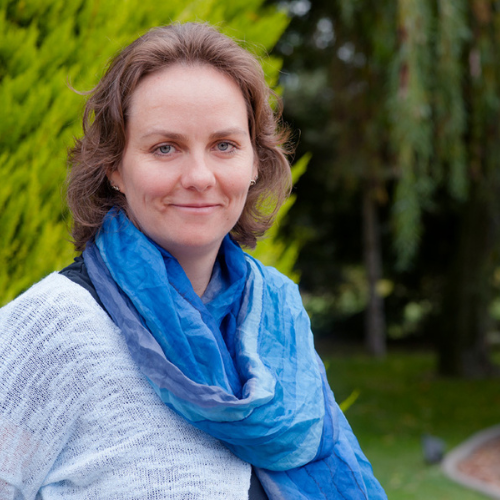
She did a postdoc (2007-2009) at the Institut National de la Santé et de la Recherche Médicale (INSERM), in the Respiratory and Environmental Epidemiology team in Villejuif, France. In October 2009 she became a researcher in the same institution. From September 2011 till July 2018, she was located in the center of Research in Environmental Epidemiology (CREAL) -now ISGlobal Campus Mar- in Barcelona. In August 2018, she went back to France and joined the Research Institute for Environmental and Occupational Health (INSERM-U1085), and is affiliated to Team #9: Exposure Assessment and Epidemiological Research on Environment, Reproduction and Development.
During her medical career she became interested in research and participated in several studies mainly in the field of infectious diseases. Later, during her doctorate, she worked in the assessment of exposure of air pollution and its effects on respiratory health. She still works in the study of the effects of environmental pollution on asthma and rhinitis and their associated features. More recently, she has been interested in the effects of air pollution on other health outcomes including cognition, cancer and fertility / infertility.
Contact: benedicte.jacquemin [at] isglobal.org

Danielle Vienneau is a senior researcher in the Environmental Exposures and Health Unit at the Swiss Tropical and Public Health Institute in Basel, Switzerland.
She has a background in agriculture, environmental sciences and geographic information systems (GIS). She worked several years as an environmental consultant in Eastern Canada before moving to Europe in 2002 to pursue a PhD in environmental health at Imperial College London.
As a geospatial environmental epidemiologist, Danielle works at the interface between exposure and health impact. She has extensive experience on the application of GIS to population health studies, and spatial modelling of environmental pollution and human interactions. She is currently investigating the health effects of a variety of environmental exposures including transportation related noise, air pollution, pesticides, radon and UV.
Contact: danielle.vienneau [at] swisstph.ch
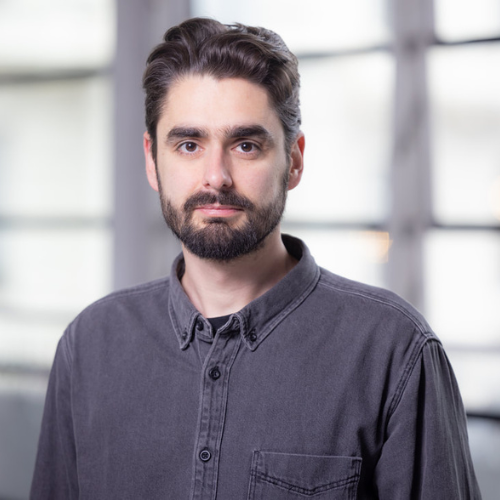
He holds a BSc in Applied Mathematics and Physical Sciences and an MSc in Biostatistics from the University of Athens, Greece. He went on to complete his PhD in Environmental Sciences within the Environmental Research Group (ERG), then at King’s College London, and worked as a Research Associate in the group. Since 2020, ERG joined Imperial College London, and Dimitris got an Early Career Research Fellowship at the MRC Centre on Environment and Health.
He has a particular interest in methodological research on measurement error theory, epidemiological study design and health impact assessment for air pollution. More recently, he has been interested in the effects of air pollution and climate change on mental health outcomes. He has been involved as primary- or co-investigator in research projects on the impacts of environmental stressors on health funded by various organisations, such as the Health Effects Institute, the Greater London Authority, UK Research and Innovation and others. He is also an associate member of the UK Committee on the Medical Effects of Air Pollutants (COMEAP) and has acted as a World Health Organisation (WHO) external advisor.
Contact: d.evangelopoulos@imperial.ac.uk
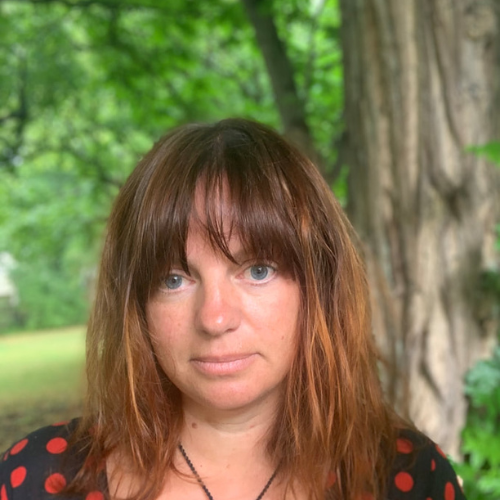
Her research interest is to be part of a sustainable society by providing science-based risk assessments to environmental health problems. This involves epidemiological and toxicological studies as well as health impact assessments of policy options related to green areas, noise, air pollution and climate change.
contact: Ebba.malmqvist@med.lu.se
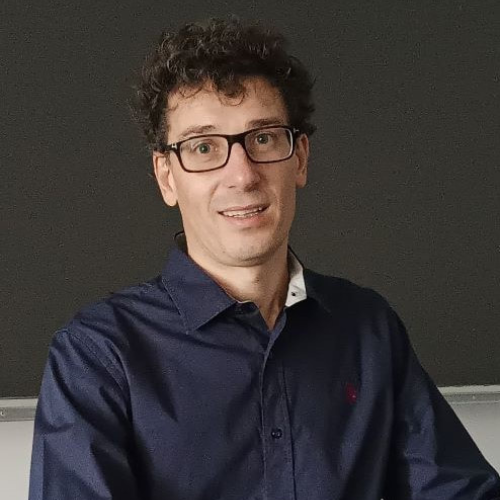
He trained in biostatistics at the University of North Carolina at Chapel Hill (MS, 2008) and at the University of Milano-Bicocca, were he earned his PhD in 2014 with a project on 20-year cardiovascular disease risk prediction modelling. He is involved as leading statistician and co-PI in several population-based cohort studies in northern Italy (MONICA-Brianza surveys, the RoCAV study cohort) as well as in large European consortia (MORGAM Project). His main research interest is on the interplay of environmental, occupational, social and behavioral determinants of chronic and of transmissible diseases. Within the Italian Society of Medical Statistics and Clinical Epidemiology (SISMEC), he coordinates the working group on Environment, Climate and Health.
Contact: giovanni.veronesi@uninsubria.it
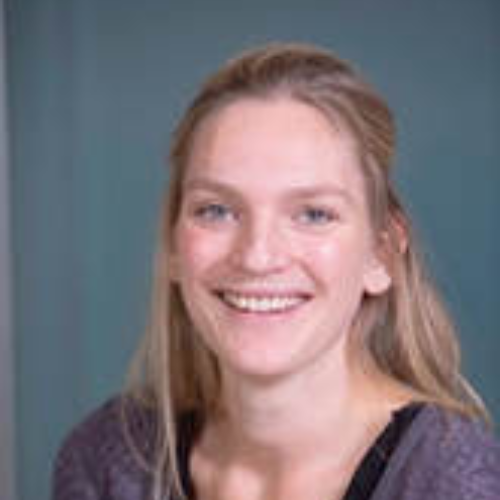
Hanna Boogaard has more than 15 years of experience in air pollution epidemiology. She is a Consultant Principal Scientist at the Health Effects Institute (HEI) in Boston, MA, an independent research organization with balanced funding from the US Environmental Protection Agency and motor vehicle industry. She received a PhD in 2012 in air pollution epidemiology from Utrecht University, Netherlands. She studied health effects of traffic-related air pollution, and the effectiveness of traffic policy measures. At HEI, she is involved in research oversight and review of studies investigating the health effects of air pollution and studies evaluating the effectiveness of interventions to improve air quality and public health. In addition, she is involved in developing and overseeing new research programs on non-tailpipe traffic emissions, studies assessing adverse health effects of long-term exposure to low levels of ambient air pollution, and studies on health effects of traffic-related air pollution. Furthermore, she is working very closely with an expert HEI panel to systematically evaluate the evidence for the associations of long-term exposure to traffic-related air pollution with selected health outcomes. She holds a MSc in Epidemiology and Environmental Health Sciences (2005) from Maastricht University, Netherlands.
She has been advisor of National Institute of Environmental Health Sciences, World Health Organization, Health Canada, and other national and international bodies. She is associate editor for Environment International and on the Editorial Review Board for Environmental Health Perspectives. She is co-chair of the International Society for Environmental Epidemiology (ISEE) Europe Chapter, and member of the ISEE Policy Committee.
Contact: JBoogaard [at] healtheffects.org
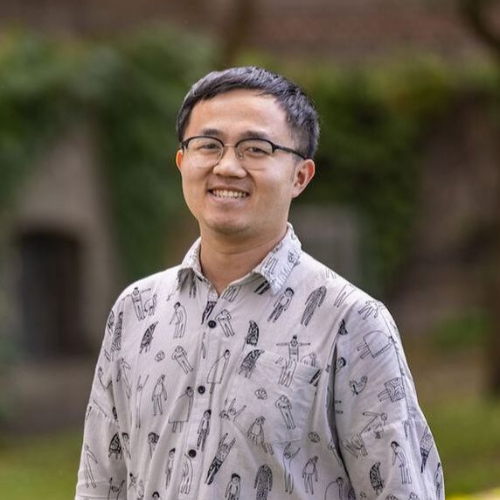
His research interests lie in untangling the interaction of environment, respiratory medicine, and global health burden in a world of climate change, using real-world population-based cohorts combining advanced statistical and causal inference techniques. His work examines the health effects of environmental stressors (such as air pollution, green spaces, and road traffic noise) on respiratory infectious diseases, including COVID-19, pneumonia, and influenza.
Contact: jzh@sund.ku.dk
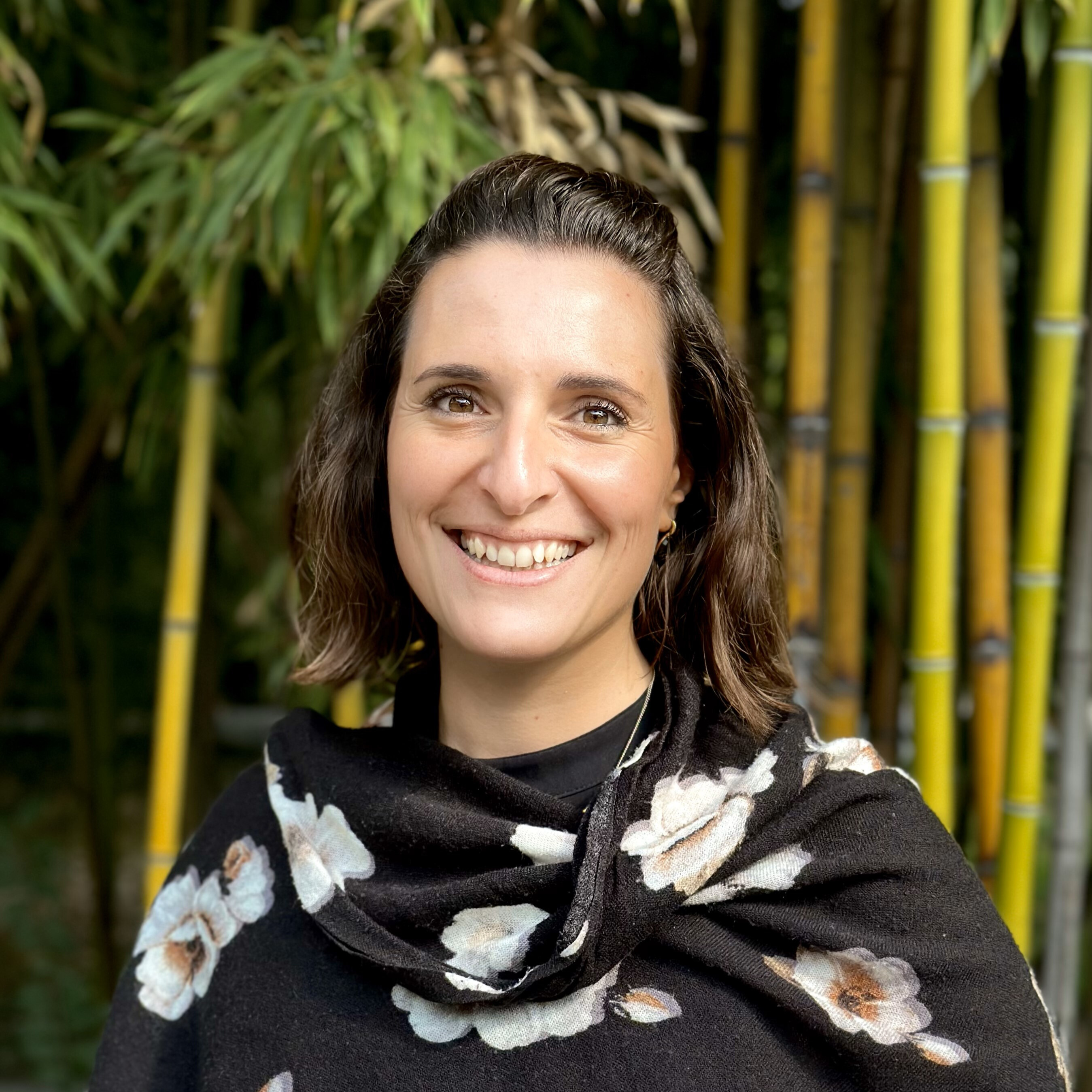
She actively mentors MD residents in Hygiene and Preventive Medicine and in Pediatrics at the University of Modena and Reggio Emilia, guiding them on Evidence-Based Public Health, research methodology, bibliographic research, and clinical statistics.
Contact: palandri.lucia [at] gmail.com
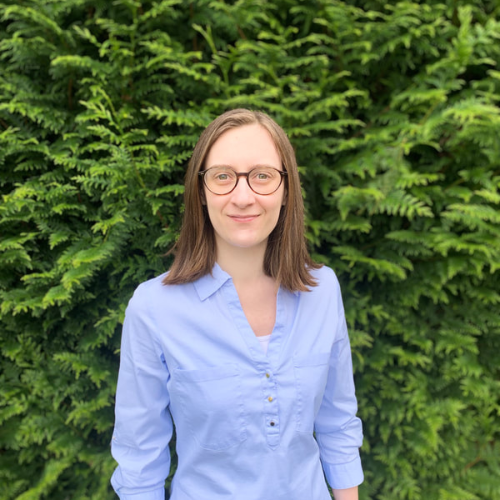
Marine Savouré is a postdoctoral researcher at the French National Institute of Health and Medical Research (Inserm), Centre for Epidemiology and Population Health in Villejuif, France.
She holds a PhD in Epidemiology from the University of Paris-Saclay (2023). She also holds a professional doctorate in Pharmacy (2019) and a Master of Public Health (2019).
Her research focuses on the effects of outdoor air pollution and green spaces on respiratory health outcomes.
In the ISEE, she is the liaison of the Students and New Researchers Network (SNRN) to the European Chapter and is involved in the communication of the SNRN Committee.
Contact: marine.savoure@inserm.fr

Melani earned her PhD in Epidemiology from Heidelberg University (2023), MSc in International Health from Heidelberg University (2018), and MD from Indonesia (2017). Her research focuses on holistic chronic disease prevention which involves integrating clinical, environmental, social, and behavioral determinants to guide multi-faceted health interventions.
Contact: Melani.Mahanani [at] medma.uni-heidelberg.de
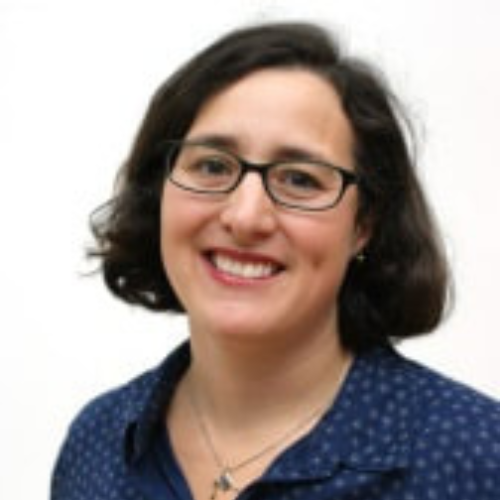
Meltem Kutlar Joss is a trained environmental scientist and public health professional working in the Chronic Disease Epidemiology Unit in the Department of Epidemiology and Public Health (EPH) at the Swiss Tropical and Public Health Institute in Basel as a senior scientific collaborator. She is the project manager of the Swiss literature database LUDOK http://ludok.swisstph.ch on health effects of ambient air pollution on human health funded by the Swiss Federal Office for the Environment. She has authored and co-authored reviews on health effects of specific air pollutants for national and international bodies. As a member of the Swiss Commission on Air Hygiene, she advises the Swiss federal and cantonal administrations on scientific and methodological questions relating to air pollution control and on the effects of air pollution on human health and the natural world. Her expertise includes ambient air pollution and environmental health epidemiology, literature searches, coeliac disease and sustainable development.
Meltem received her MSc. in Environmental Sciences from the Swiss Federal Institute of Technology (ETH) in Zurich, Switzerland (1999) and graduated from the joint advanced Masters Programme in Public Health from the Universities of Basel, Bern and Zurich in 2011.
Contact: meltem.kutlar@swisstph.ch
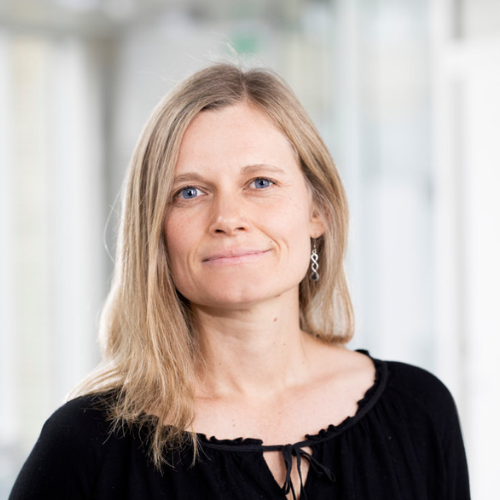
Her main research area is investigation of health effects of exposure to transportation noise. Together with her research group, she has published a number of papers investigating effects of transportation noise in relation to various health outcomes, including stroke, myocardial infarction, type 2 diabetes, obesity, breast and colon cancer, infertility, tinnitus and dementia. Other research areas include investigation of combined effects on disease of various urban exposures, such as air pollution, transportation noise and lack of green space.
Contact: mettes@cancer.dk
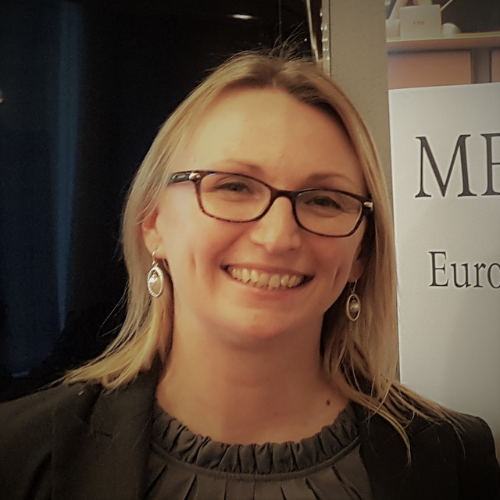
Michelle C Turner is an Associate Research Professor at the Barcelona Institute for Global Health (ISGlobal), Barcelona, Spain where she is currently a Ramón y Cajal fellow.
Her primary research interest is examining environmental and occupational determinants of health in large-scale epidemiological studies. She has actively conducted research in both North America and Europe. She has led several large-scale investigations into the mortality health effects of long-term ambient air pollution exposure. She was elected and currently serves as Vice-Chair of the 40-country European Cooperation in Science and Technology (COST) Action funded “Coordination and Harmonization of European Occupational Cohorts (OMEGA-NET)” network. She is also co-Leader in the Exposome Project for Health and Occupational Research (EPHOR) of the Mega Cohort. She was elected Secretary-Treasurer of the International Society for Environmental Epidemiology (ISEE) in 2019.
Contact: michelle.turner@isglobal.org

Much of her work to date has focused on early life environmental exposures such as water disinfection by-products, air pollution/noise, and waste incineration and reproductive outcomes, including collaborative projects with various birth cohorts across Europe. She also publishes in the field of spatial epidemiology and the use of routinely collected data and geographical information systems (GIS) for small area health studies. She has a special interest in the field of non-ionizing radiation epidemiology, and currently leads large cohort studies focused on electromagnetic field exposures from mobile phones and other wireless devices.
Mireille has been an ISEE member for over 10 years, was a founding member of ISEE-Europe and Vice-Chair for the past year, has served as a Councilor on the main ISEE Executive Council for the past 3 years, and as a member of the Best Environmental Epidemiology Paper (BEEP) Award Committee for the past 3 years. She was a key member of the Organizing Committee of the joint Irish-UK 2009 ISEE conference, and is regularly on the Scientific Program Committee for the annual ISEE conferences.
Contact: m.toledano [at] imperial.ac.uk
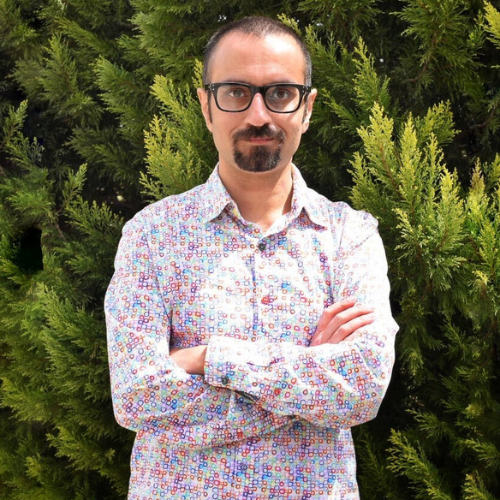
Payam Dadvand is a medical doctor by training and have a PhD in epidemiology. His interest in having a bird’s-eye view over the health impacts of the environment has led to working on both environmental stressors (e.g. air pollution, ultraviolet radiation, and climate change) and environmental mitigation measures (e.g. green spaces), applying spatial data analytical methods, remote-sensing data, and GIS-based exposure assessment methods. He is particularly interested in evaluating environmental determinants of maternal and child health with a focus on the impacts of contact with natural environment.
Contact: payam.dadvan@isglobal.org
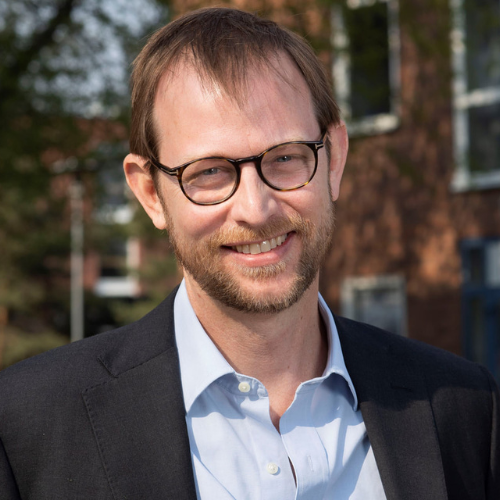
He graduated from medical school at Uppsala University in 1996 and completed his clinical specialty training in Internal Medicine (2010) and Cardiology (2012) at Stockholm South Hospital. My PhD (Karolinska Institute 2009) focused on short-term air pollution exposure and cardiovascular disease.
.He spent 2 years as a postdoctoral fellow working with Prof Murray Mittleman at Harvard University 2012-2014 investigating the impacts of air pollution on vascular function within the Framingham Heart Study.
His research continues to be focused on air pollution and cardiovascular disease, with an emphasis on cardiac arrhythmias.
In the European context, he collaborate in the ELAPSE study investigating health effects of low-level air pollution across Europe.
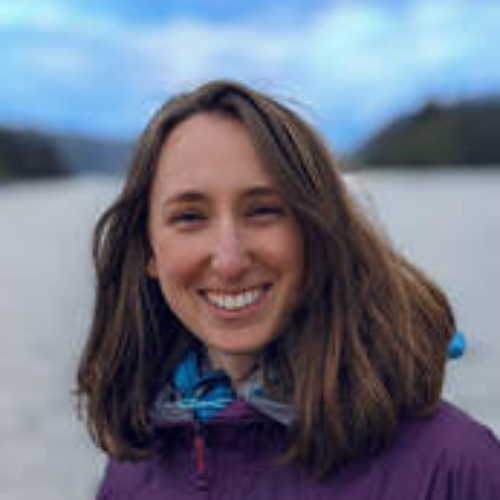
Sierra Clark is a Lecturer in Population Health at St. George's, University of London and an environmental epidemiologist whose work focusses on the multifaceted health effects of sound and air quality in both outdoor and indoor environments around the world. Sierra also has a particular interest in using novel approaches for measuring and modelling spatial distributions of environmental exposures as well as quantifying environmental burdens of disease to inform policy and practice.
Sierra also has experience working in the public sector at the intersection of science and policy, having previously worked as an Environmental Public Health Scientist at the UK Health Security Agency in the Air Quality and Noise and Public Health teams, as well as with Health Canada in the Exposure Assessment section.
Contact: siclark@sgul.ac.uk
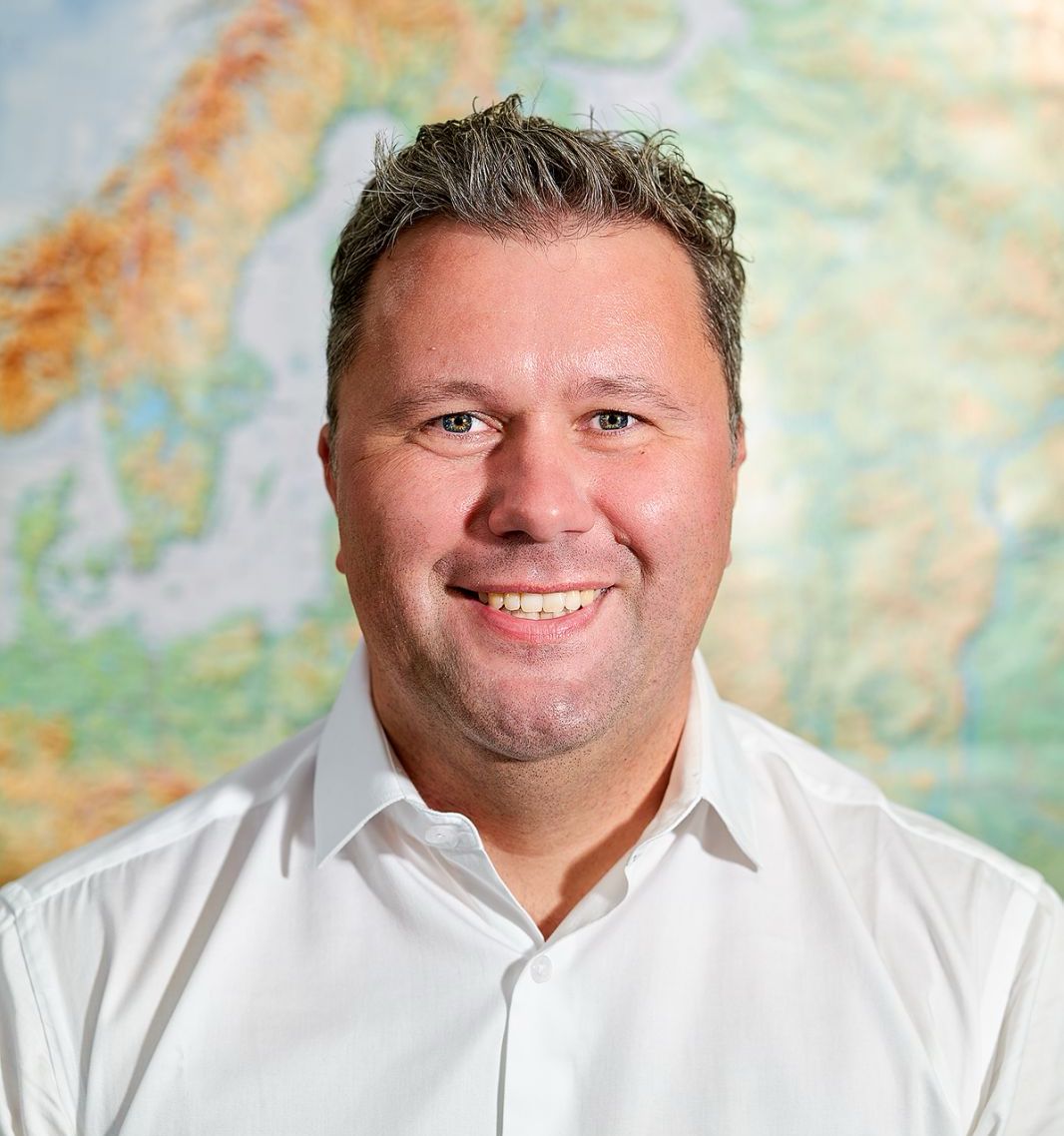
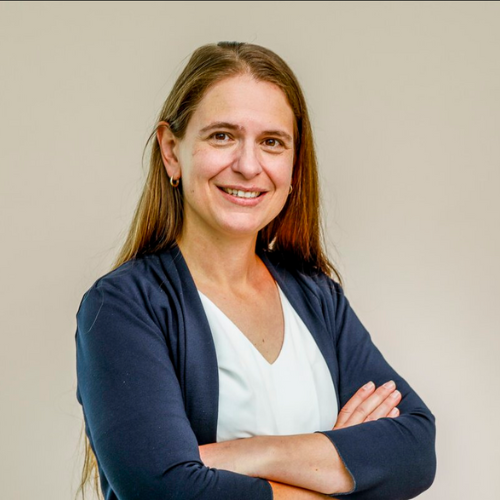
Dr. Breitner-Busch’s research interests are on the intersection of weather/climate change, air pollution, and human health. Her work involves applying multidisciplinary approaches in climate and air pollution sciences, exposure assessment, and environmental epidemiology to investigate the impact of particulate and gaseous air pollution, weather, and climate change on human health. Dr. Breitner-Busch is especially interested in the statistical methodology of air pollution and air temperature analyses including environmental burden of disease, synergistic effects of air pollution and weather, and multi-pollutant approaches.
Contact: susanne.breitner@helmholtz-munich.de
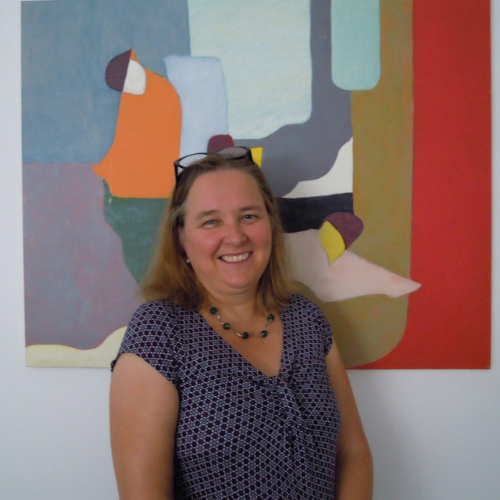
Her research is directed at the understanding how long-term exposure to air pollution and other environmental influences can cause diseases in populations, in particular in the elderly. She is PI of several large-scale cohort studies and is involved in many national and international projects in China, India and Japan. Tamara’s main research interests are: Air pollution and human health, global climate change and human health, healthy aging.
Contact: tamara.schikowski [at] iuf-duesseldorf.de

Torben Sigsgaard is a medical doctor 1981 and received a PhD in Occupational epidemiology and toxicology from Aarhus University in 1993
He studies non-communicable diseases and negative birth outcomes caused by environmental exposures (the exposome) on the morbidity and mortality of the entire Danish population. The exposures include air-, drinking water-, pesticide- & noise-pollution, green- blue space, allergens, through indoor and outdoor microbiome with a lifetime perspective.
He also studies several Danish cohorts. The cohort studies offer the possibility to employ frontline methods for exposure-effect-outcomes encompassing monitoring of the heart, lungs and span proteo-, geno-, metabolo- inflammaso- and exposo-mics.
He has developed portable environmental sensors for subsamples of cohorts. These are currently deployed within the Donor Cohort, West-Danish ICD-cohort and CPH-Urban Lab, enabling a higher time-resolution in markers of inflammation vs indoor and outdoor air pollution.
Contact: ts [at] ph.au.dk
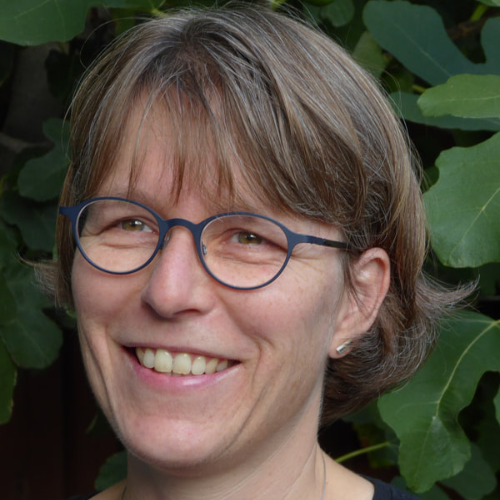
She obtained a Master of Science in Statistics from the University of Dortmund, Germany in 1998 and a PhD in Environmental Epidemiology from the Ludwig-Maximilians University, Munich, Germany in 2004.
Her research focuses on the long-term effects of ambient air pollution and the determinants of asthma and allergies in children. Prospective birth cohort studies, in particular the Dutch PIAMA study, but also other birth cohort studies, through collaboration, play an important role in her research and allow her to investigate exposure-health relationships through different stages of life.
Her research is multidisciplinary combining statistics with epidemiology, medical science and exposure science.
Contact: u.gehring [at] uu.nl

During her PhD, she serves as the liaison for the Students and New Researchers Network (SNRN) to the ISEE European Chapter. Her doctoral research focuses on “The impact of environmental exposures on short- and long-term health effects of the COVID-19 pandemic: SARS-CoV-2 infection, long COVID, and mental health.”
Her broader research interests lie in environmental epidemiology, particularly the effects of air pollution, temperature, and green space on infectious diseases, long COVID, and mental health.
Contact: yanding.wang[at]helmholtz-munich.de

Her main research areas include health effects of long-term exposures to air pollution, where she is leading several projects on with a range of different diseases, including cardiovascular and metabolic disease, chronic and infectious respiratory disease, cancer, and dementia. Her other areas of research include health effects of road traffic noise, environmental exposures and aging, interaction between air pollution and physical activity, health effects of ultrafine particles based on Google Air View data in Copenhagen, air pollution and COVID-19, capacity building in air pollution in environmental epidemiology in Serbia and Western Balkans.
Contact: vlq961@sund.ku.dk

